Up Your Antioxidant Game with Mushroom Extracts!
Aging happens! The human lifespan basically reflects the level of free radical damage that accumulates in our cells. When enough damage accumulates, cells can’t survive, and they give up.
To put it simply, as we age, we are “rusting” just like metal rusts with oxidation. Aging is the slow oxidation of our bodies. Oxidant stress is why we get wrinkles, lose our memories, and experience organ system breakdowns as we get older.
Can we slow this oxidation process down? Yes! One way to slow oxidation is to consume superfoods, like mushroom supplements made from organic medicinal mushrooms, containing various types of ANTIOXIDANTS!
What Are Antioxidants?
You’ve come across the term and may have heard about how beneficial they are, but what exactly are antioxidants and how do they work? "Antioxidant" is a general term for any compound that can repair an unstable molecule (called a free radical) that can damage our DNA, cell membranes, and other parts of the cells that make up our bodies.
Antioxidants have one of the coolest definitions out there: they are free radical scavengers! You can think of them as superheroes always working to PROTECT us from free radicals. They go after damaging free radicals in our bodies and neutralise them so that they can’t harm us. So, what are free radicals? Let’s dive into the science!
To understand what free radicals are, we need a bit of a chemistry refresher. Atoms have their own number of electrons in their shell layers. An atom that has a full outer shell is stable while those that do not are unstable - these are called free radicals. Because they are unstable, they react quickly with other substances, often causing damage.

Antioxidants reduce free radicals in the body by donating electrons. The chemically reactive unpaired electron accepts the electron donation from the antioxidant, and a stable electron pair is formed. When this happens, the free radical becomes neutralised, and we are saved from the damage it could have caused. Whew!
Where Do Free Radicals Come From?
Overeating processed foods, consuming toxic substances (drugs or alcohol), or being exposed to chemicals in our environment create free radicals in our bodies. When the naturally occurring antioxidants in our bodies can’t keep up with the number of free radicals we have introduced, damage begins to occur.
This is called oxidation and it is why foods rot, why animals age, and why metals rust. You can sometimes guess at the antioxidant value of a food, by observing how quicky it oxidizing. You can watch a sliced apple turn brown once it’s flesh is exposed to the air. This is oxidation! A sliced carrot or piece of broccoli can sit out on the counter for hours and hours without much change, because of their higher antioxidant value.
How Do I Get More Antioxidants?
One solution is to this oxidation problem is to get more antioxidants from our diet to help clean up the mess. Simply put, including antioxidant rich foods - like medicinal mushrooms – helps us stay well because antioxidants from superfoods provide free radicals with electrons to stop them from doing damage to our bodies. Reishi mushroom, lion's mane mushroom, turkey tail mushroom, shiitake mushroom, maitake mushroom, oyster mushroom, and chaga are all medicinal mushrooms with high levels of antioxidants.
Having free radicals in the body in excess, results in damage to DNA, proteins, enzymes, and cell membranes. These effects can lead to numerous biological problems, including chronic fatigue, chronic pain, chronic illness, and even the initiation of cancerous tumors. Providing your body with a high concentration of antioxidants is essential to keeping your cells intact and healthy, and CHAGA is proven to be an excellent way of doing it.
Can We Make Our Own Antioxidants?
Our body does generate its own antioxidants, glutathione for example, however, we also need to supplement our bodies with the food we eat. Medicinal mushrooms, unprocessed cocoa powder, acai berry, blueberries, prunes, and raw spinach are well known to be sources of antioxidants.
In general, foods high in vitamins are great sources of antioxidants. Vitamin C is a very important water-soluble antioxidant, working on the fluid inside and outside cells. Vitamin E is an essential fat-soluble antioxidant, which protects the cell membranes.
Other types of antioxidants include (but are not limited to):
- Flavonoids – teas, citrus fruits, red wine, and apples
- Isoflavonoids – soybeans, tofu, lentils, peas
- Selenium – seafood, lean meats, whole grains
- Beta-carotene – carrots, spinach, pumpkin, mangoes
- Lycopene – tomatoes, grapefruit, watermelon
- nPolyphenols – thyme and oregano
SOD in Chaga
The enzyme SOD (superoxide dismutase) is arguably the body’s most crucial antioxidant, as it is responsible for disarming the most dangerous free radicals of all: the highly reactive superoxide radicals. The SOD in chaga is an enzyme that breaks down superoxide radicals that are damaging to your body's cells. Food scientists have discovered that chaga contains more SOD than any other natural source.

What Is An ORAC Value?
You might be surprised to learn that chaga extracts have one of the highest ORAC (Oxygen Radical Absorbance Capacity) values on the planet. This is a measure of how effective a substance is at neutralizing free radicals in the body. Chaga has about 50 times the number of antioxidants as blueberries!
In his book, Healing Mushrooms, author Tero Isokauppila lists that a dual extract of chaga has 113,003 antioxidants per 100g, whereas blueberries have 2100 antioxidants per 100g. He also says that one dose of dual-extracted chaga has the same number of antioxidants as thirty pounds of carrots!
How Does Chaga Protect Us?
Essentially, chaga mushroom supplements are antioxidant supplements that can protect you by preventing damage to DNA that might be caused by oxidation from a poor diet or chemicals in the environment. This means less stress on the body, slower aging, and the prevention of many diseases.
Our favourite plant based chaga capsule supplement for antioxidant support is Eversio Wellness Protect Now Organic Chaga 8:1 Dual Extract capsules because just one capsule contains the maximum acceptable daily dose of chaga dual extract (3600mg QCE according to Health Canada’s Mushroom Monograph).
Eversio's Rejuvenate Blend also contains organic chaga dual extract, alongside 5 other antioxidant rich medicinal mushroom extracts with anti-aging properties. This blend contains high potency extracts of chaga, maitake, shiitake, lion's mane, tremella, and oyster mushrooms.
References:
Healing Mushrooms: A Practical and Culinary Guide to Using Mushrooms for Whole Body Health by Tero Isokauppila
UHN Staff, U. (2020, March 25). Chaga Benefits That Are Not Found in Any Other Herb. University Health News. https://universityhealthnews.com/daily/nutrition/chaga-benefits-that-are-not-found-in-any-other-herb/
Jehane Ibrahim Eid, Swabhiman Mohanty, Biswadeep Das, J. I. (2020, January 1). Genoprotective effects of Chaga mushroom (Inonotus obliquus) polysaccharides in UVB-exposed embryonic zebrafish (Danio rerio) through coordinated expression of DNA repair genes. bioRxiv. https://www.biorxiv.org/content/10.1101/2020.06.19.161182v1.full
Pizzino G, Irrera N, Cucinotta M, Pallio G, Mannino F, Arcoraci V, Squadrito F, Altavilla D, Bitto A. Oxidative Stress: Harms and Benefits for Human Health. Oxid Med Cell Longev. 2017;2017:8416763. doi: 10.1155/2017/8416763. Epub 2017 Jul 27. PMID: 28819546; PMCID: PMC5551541.
Yun JS, Pahk JW, Lee JS, Shin WC, Lee SY, Hong EK. Inonotus obliquus protects against oxidative stress-induced apoptosis and premature senescence. Mol Cells. 2011 May;31(5):423-9. doi: 10.1007/s10059-011-0256-7. Epub 2011 Feb 22. PMID: 21359681; PMCID: PMC3887607.

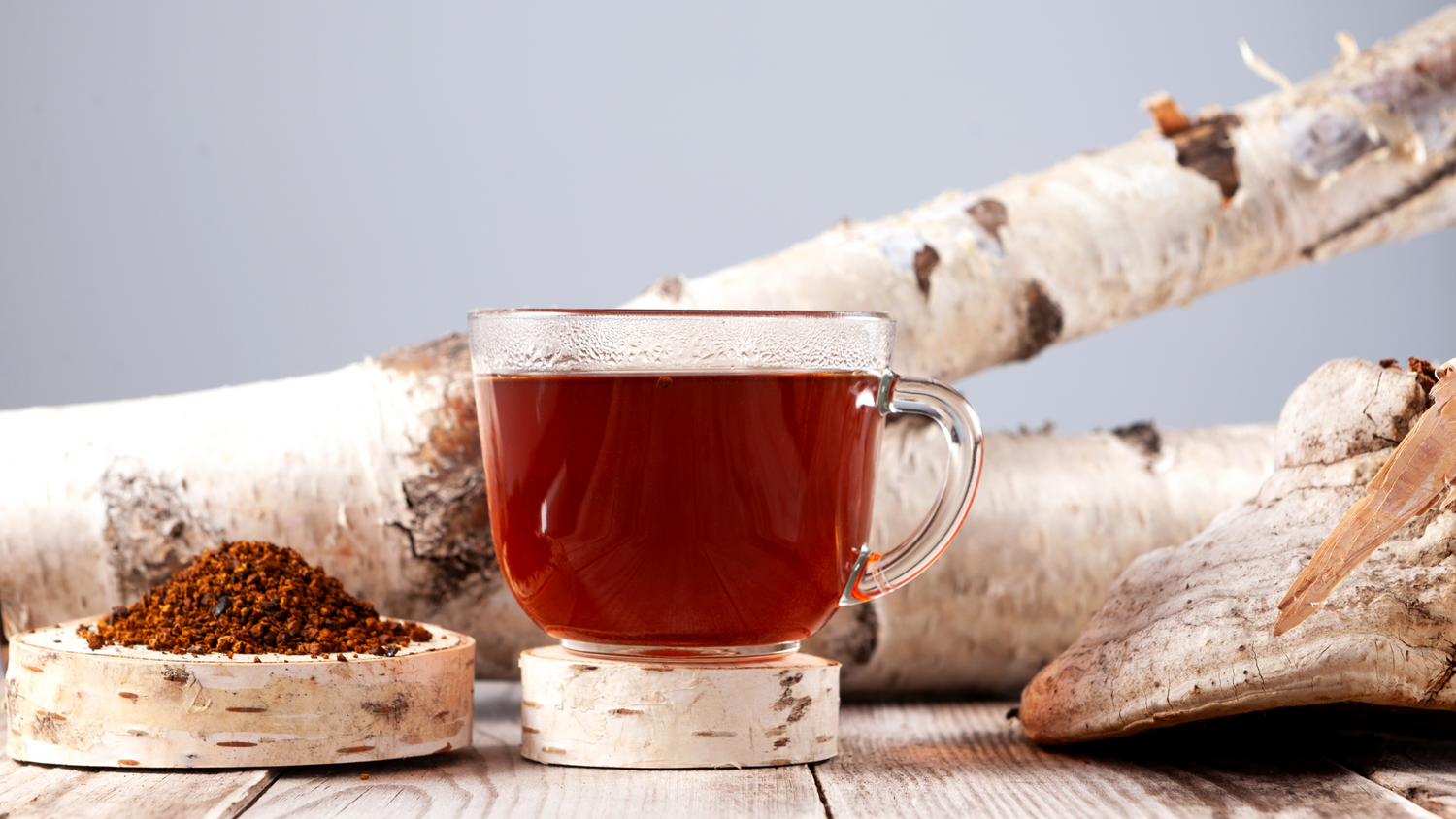

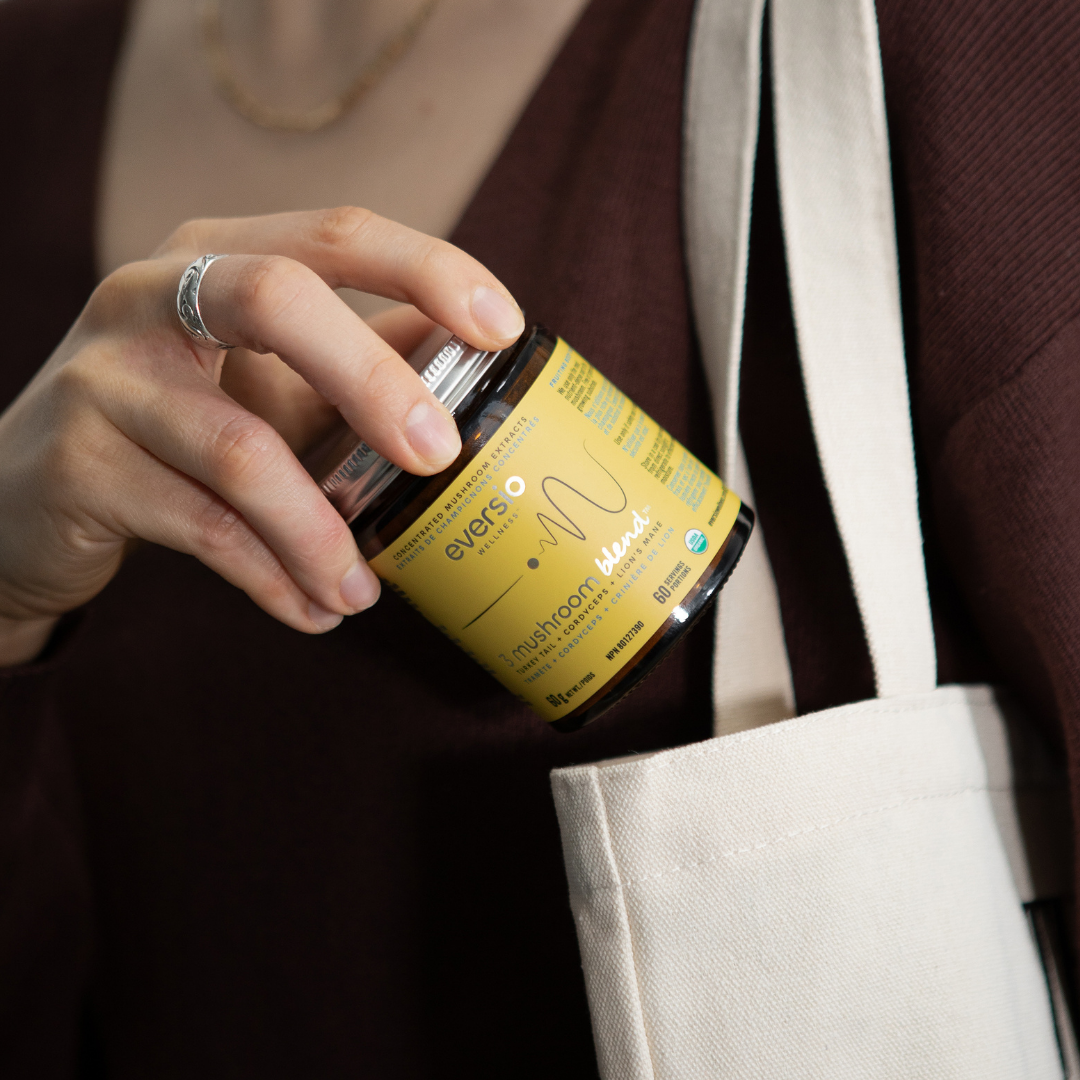

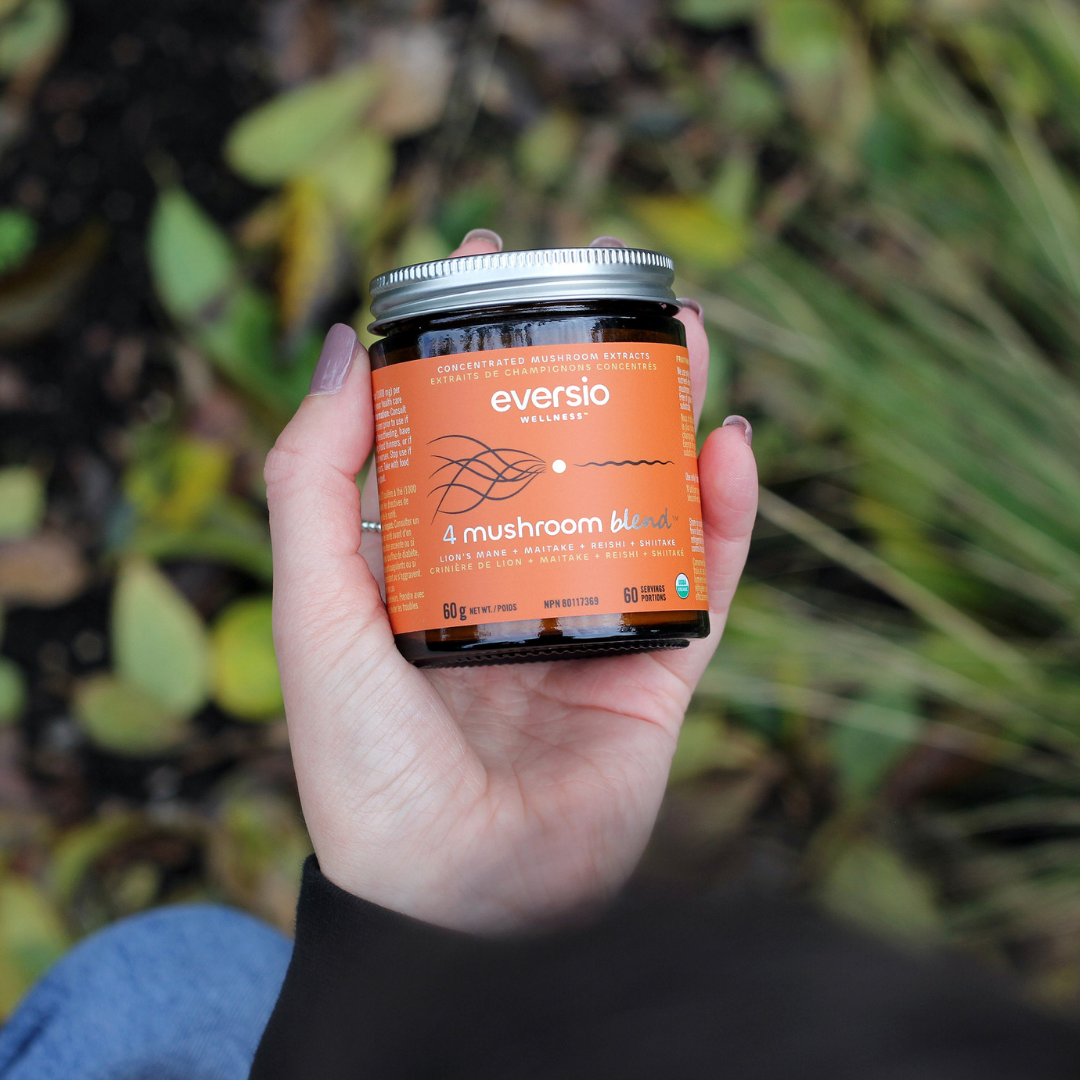

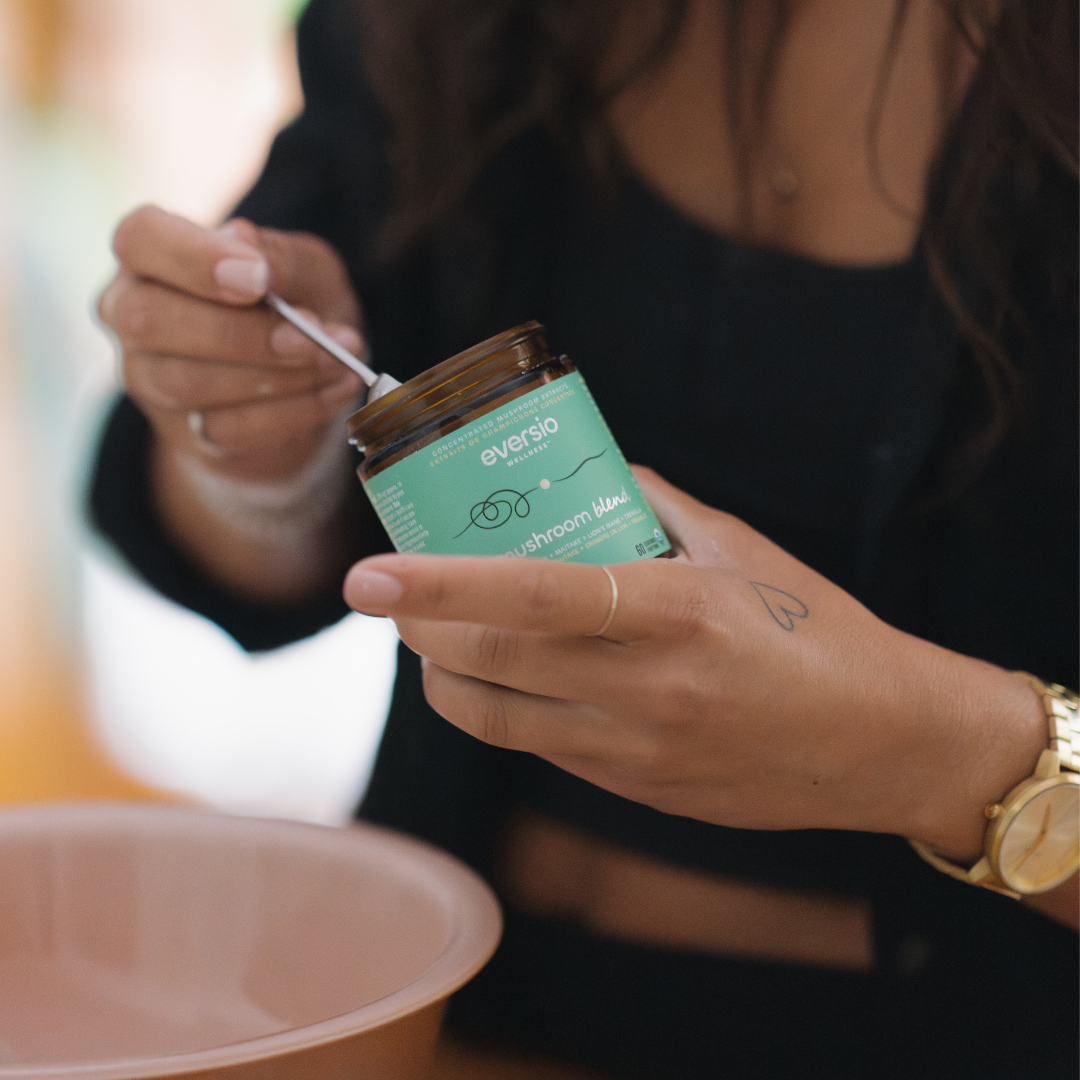

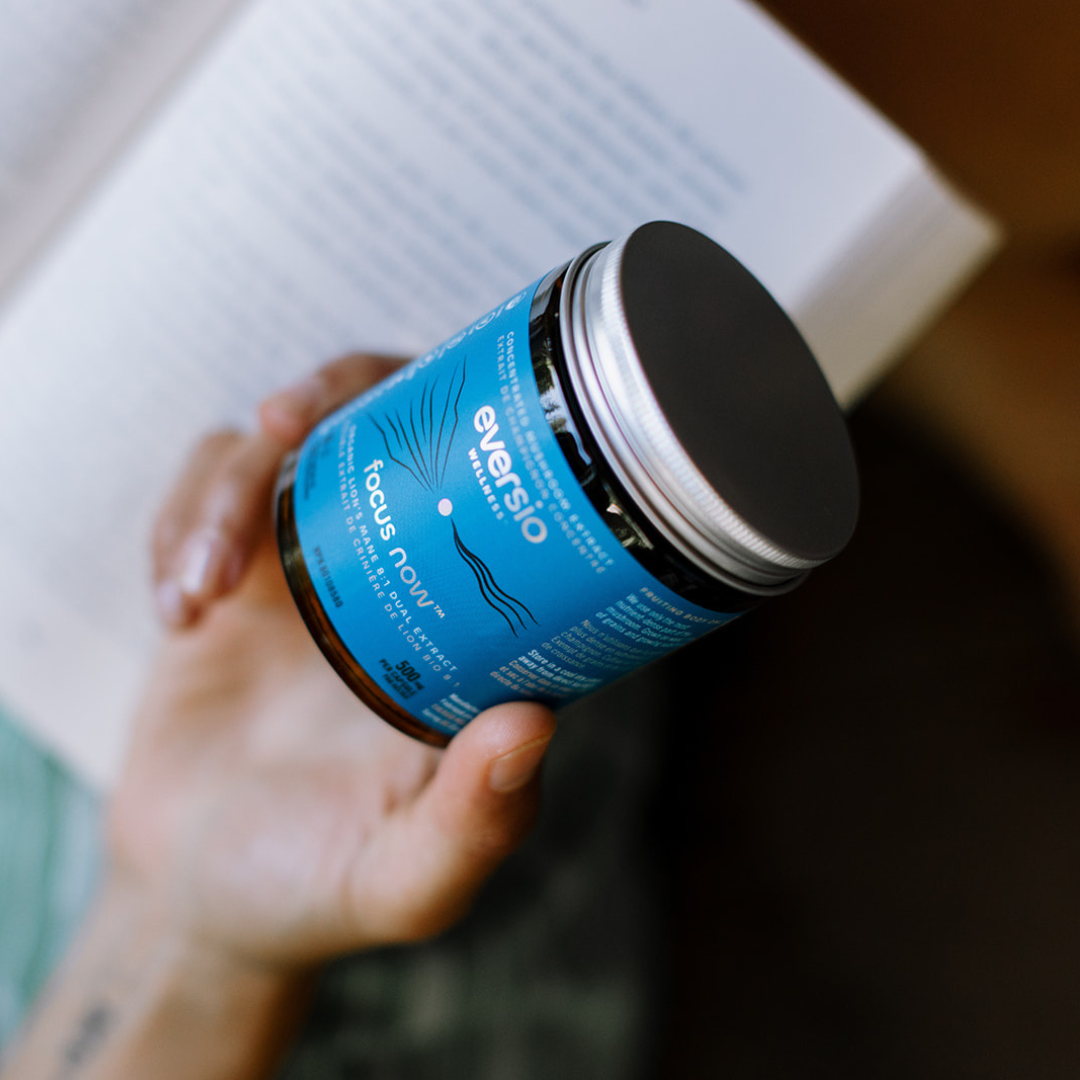

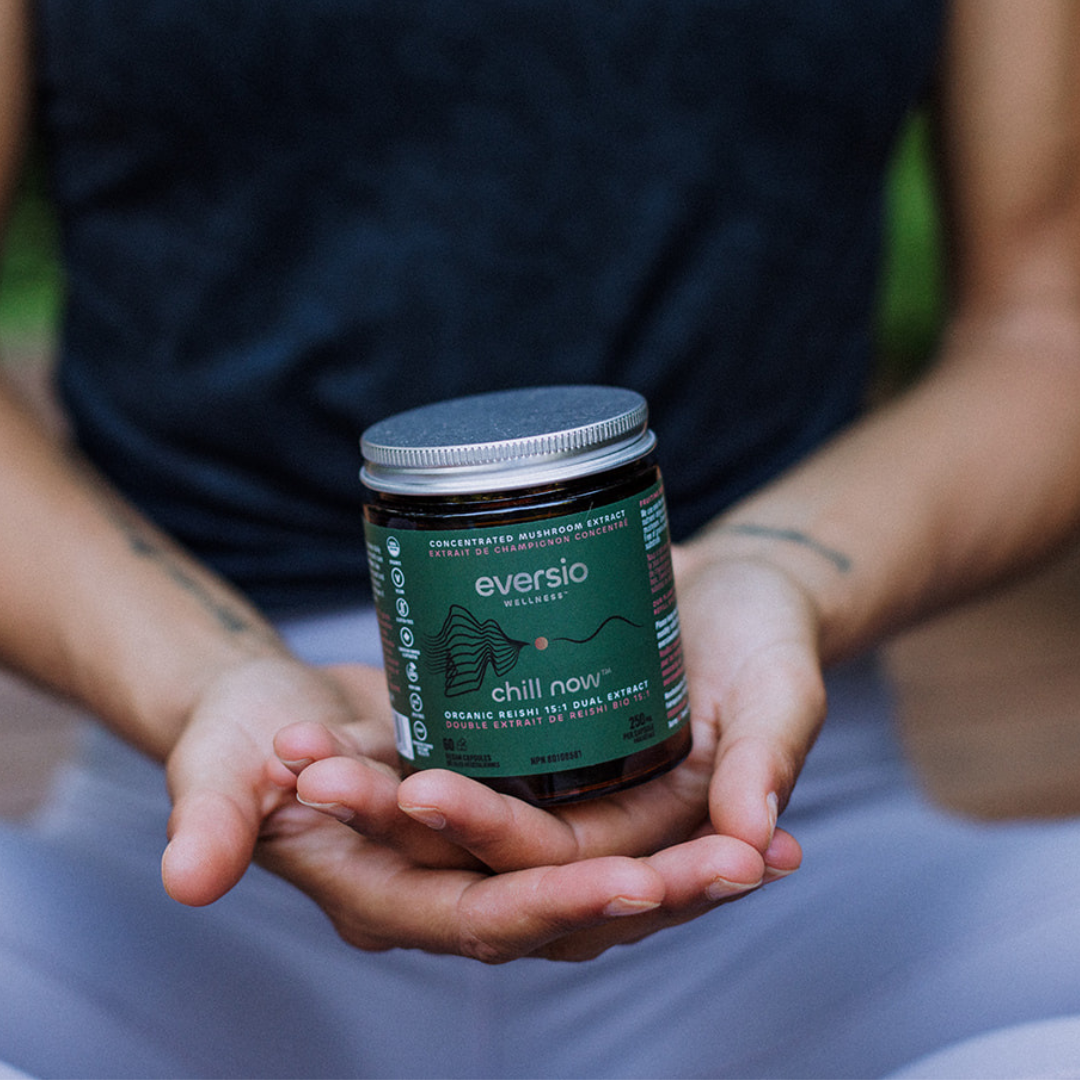
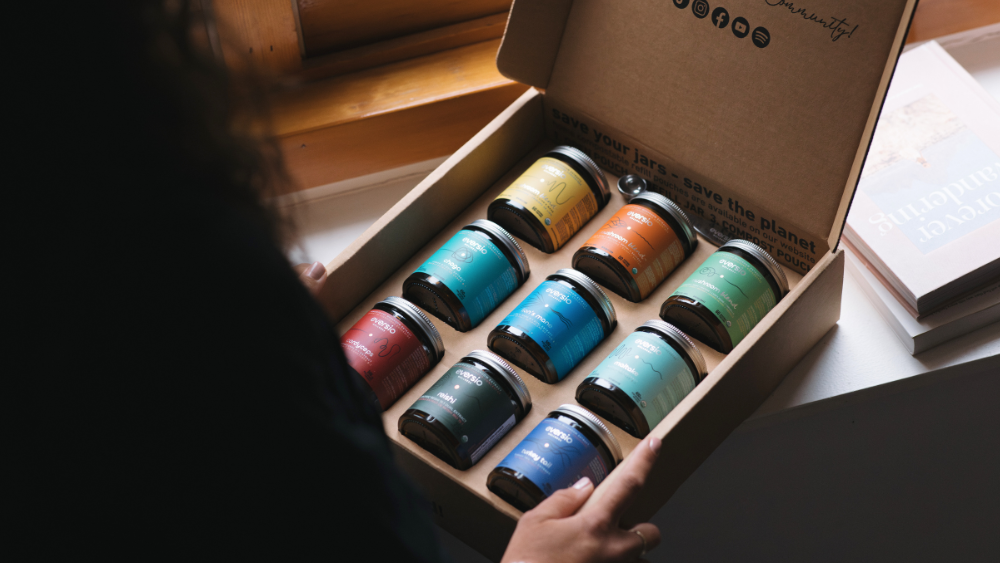







Leave a comment
All comments are moderated before being published.
This site is protected by hCaptcha and the hCaptcha Privacy Policy and Terms of Service apply.